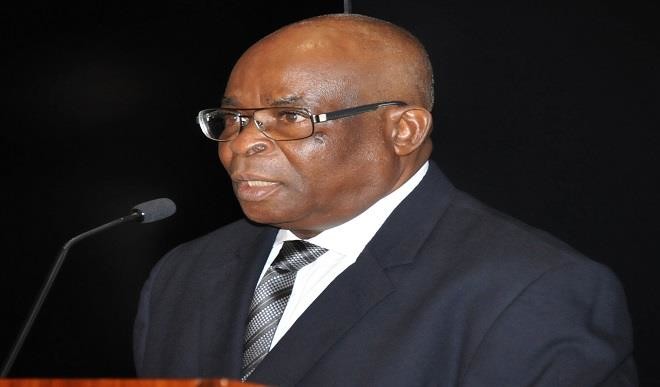Pegging of legal appearances: Matters arising
Following the recent decision of the Supreme Court to peg the number of lawyers that can appear for a party in a case before it to five, some analysts have continued to praise the move. The Chief Justice of Nigeria (CJN), Justice Walter Onnoghen, had cited congestion in courtrooms, thereby denying lawyers with legitimate business […]


Following the recent decision of the Supreme Court to peg the number of lawyers that can appear for a party in a case before it to five, some analysts have continued to praise the move.
The Chief Justice of Nigeria (CJN), Justice Walter Onnoghen, had cited congestion in courtrooms, thereby denying lawyers with legitimate business the opportunity to access court and sit comfortably as the reason for the decision.
“There was a matter we had here and 106 lawyers appeared, the whole space was taken up and some lawyers had to stand and others sit on the floor. I have issued a directive, which should extend to other courts, that lawyers appearing in the Supreme Court, should not be more than five for each party, including the lead lawyers,” he said.
Wole Olanipekun (SAN), who would want the number reduced to 30, had argued that junior lawyers who attend court appearances with their seniors have a role to play in court, adding that in most cases some clients insist on having them on the list.
Justice Onnoghen, who later delivered judgment on the Edo governorship election appeal, again insisted, “We are not saying a litigant is not entitled to a counsel of his choice. He can have a whole Bar. But, for the purpose of appearance, a choice of few numbers should be made by the lead counsel. I have issued instruction out to the Bar; it should not be more than five. That is the position for now.”
While hailing the decision, senior lawyer Lanre Amu in a statement said there are still more reforms needed to enhance procedural law within the courtrooms to conform to the 21st Century practices. He stated that during the November 12 JK Gadzama lecture, he had spoken against the overcrowding of courts.
“I advocated among other reforms that these unsightly situations in which over 60 lawyers appear for one person in our courtrooms (most of the lawyers just ending up sitting down and watching anyway, save for one or two “as the Court Pleases” comments) while there are thousands of fellow Nigerian citizens languishing in our prisons who have no single lawyer to take up their matters, is appalling and must be reformed,” he said.
Amu also listed use of discovery tools with affidavit depositions outside courtrooms to decongest the courtrooms and speed up dispute resolution to free the judges, policy of using Nigerian sown law gowns and wigs to create jobs at home rather than importation of foreign uniforms, de-emphasising titles inside the court room, and use of judges in the farthest jurisdiction to try cases involving fellow judges.
